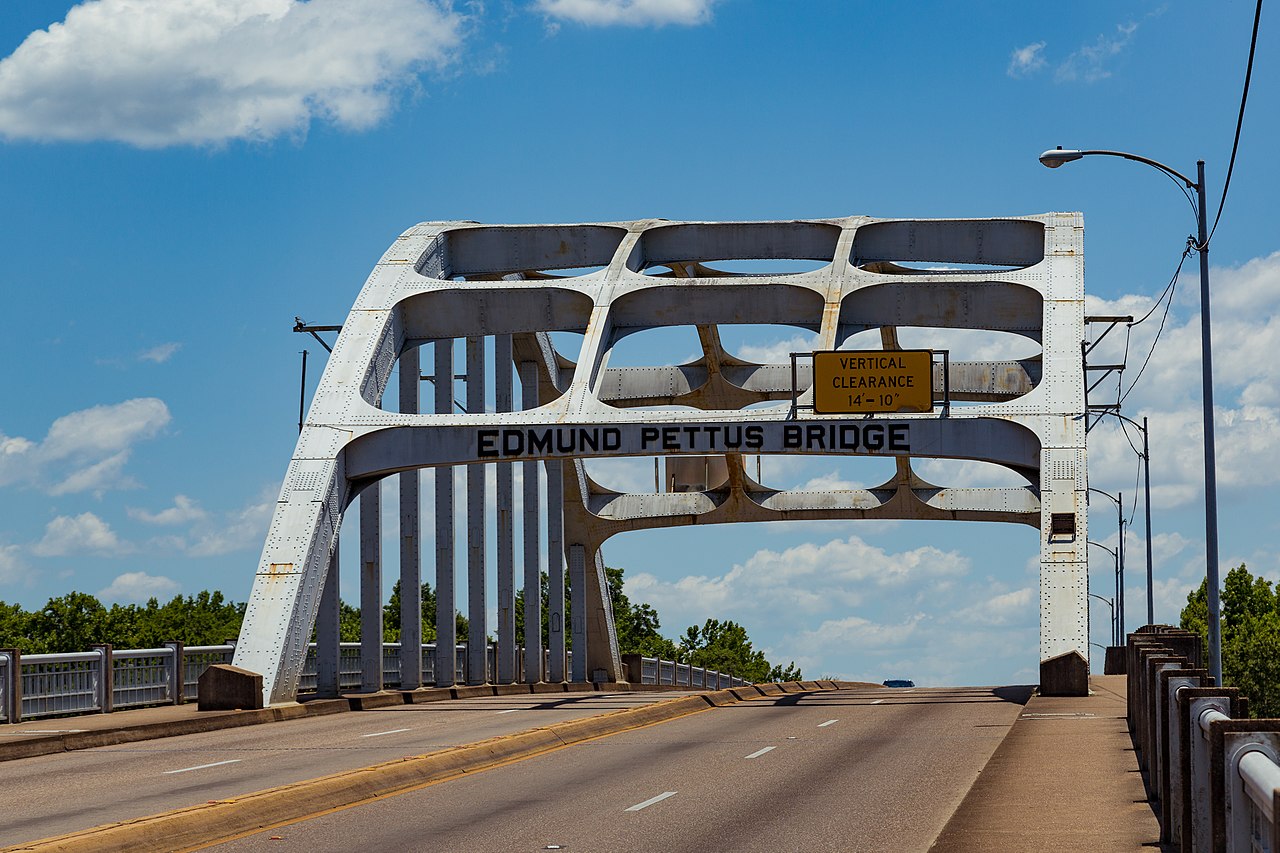Headlines
Systemic Voter Suppression Continues 56 Years After Bloody Sunday


It has been 56 years since Bloody Sunday, and Americans are still fighting against politicians aiming to keep their voices from being heard at the polls. At least 28 states have introduced over 100 bills to restrict ballot access. On March 7, 2021, President Joe Biden signed an “executive order aims to take initial steps toward making the polls more accessible to Black and other minority voters, including Native Americans and people with disabilities,” reports CNBC.
In November 2020, former-President Donald Trump lost his bid for a second term. He decried the outcome, claiming victory was stolen from him. His claims that all elections are rigged have become the rallying cry of Republican leaders and their voters. They believe Trump’s continued assertions that Biden and his supporters engaged in voter fraud.
The House of Representatives, led by Nancy Pelosi (D-Calif.), has approved two bills to protect voters’ ease of access to ballots; H.R.1 – “For the People Act of 2021” and H.R.4 – “Voting Rights Advancement Act of 2019.” H.R.4 was forwarded to the Senate on Dec. 9, 2019.
During the pandemic, Democrats and other voters’ rights groups pushed for increased allowances for mail-in, absentee, and early voting. Trump warned that if these methods were used and the people became accustomed to having these options, no Republicans would ever be elected again. At the time, his claim seemed far-fetched, but his prophecy was held in the 2020 General election; he lost, the House of Representatives gained Democrat seats, and the Senate lost its majority.
Supporters of the voter suppression bills assert passage would restore confidence in the ballot box. Whereas opponents “demand full, fair access to the ballot.”
 Biden also called for Congress to restore the Voting Rights Act. The Act was signed into law in August 1965 following a violent protest in Selma, Alabama. Late Rep. John Lewis (D-Ga.) suffered a fractured skull from being beaten repeatedly while marching across the Edmond Pettus Bridge.
Biden also called for Congress to restore the Voting Rights Act. The Act was signed into law in August 1965 following a violent protest in Selma, Alabama. Late Rep. John Lewis (D-Ga.) suffered a fractured skull from being beaten repeatedly while marching across the Edmond Pettus Bridge.
Bloody Sunday refers to that event; Black men, women, and children were trapped on the bridge and attacked by U.S. Marshals.
The Voting Rights Act supposedly made it illegal to continue voter suppression activities specifically to keep Black and Brown Americans from registering to vote, and casting ballots remained.
Events surrounding the 2020 election, including a historic voter turnout and then-President Trump’s declaration of “massive election fraud,” prompted the onslaught of anti-voting bill introductions.
Biden’s executive order could make a difference for Black and Brown voters’ rights to be improved. However, since the first Black man cast his ballot after the Civil War, the United States government has not successfully overcome the hatred and bigotry deeply entrenched within the states.
Written by Cathy Milne-Ware
Sources:
CNBC: Biden calls on Congress to restore Voting Rights Act, signs orders to help expand access; by Lorie Konish
History: Selma to Montgomery March
Financial Times: Biden orders voter registration effort as ballot battle heats up; by Lauren Fedor and James Politi
Pennsylvania Capitol-Star: GOP lawmakers in 28 states, including Pa., have introduced more than 100 bills seeking to restrict ballot access | Analysis
Images Courtesy of Tony Webster’s Flickr Page – Creative Commons License
